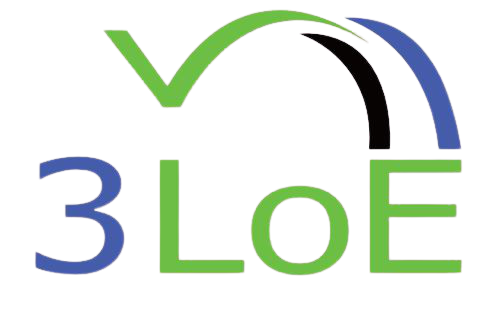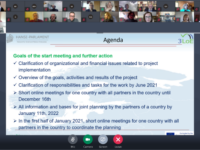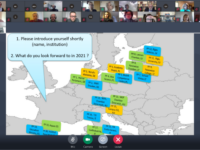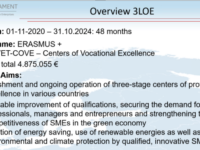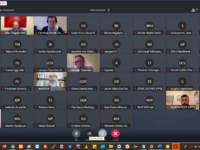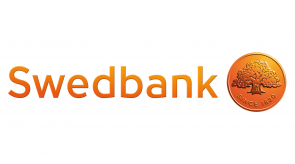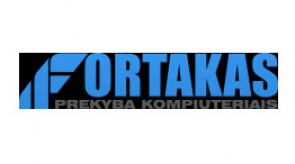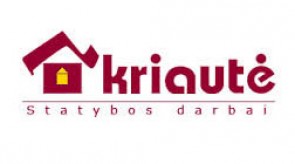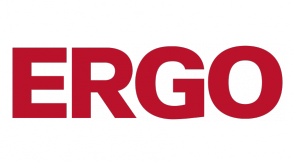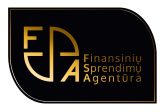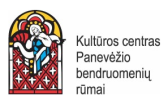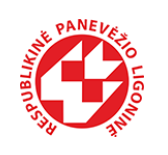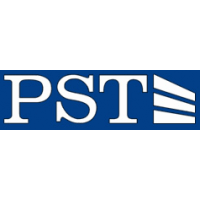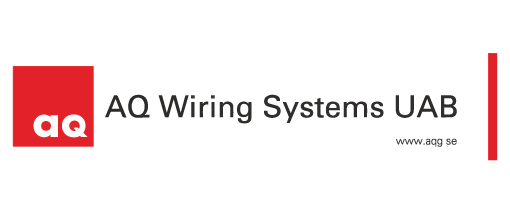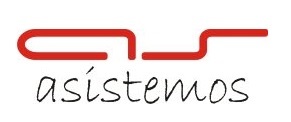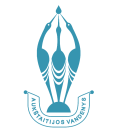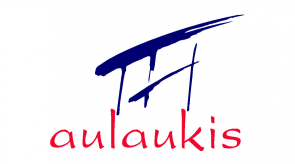The first virtual partner meeting of the Erasmus+ project 3LoE
International Erasmus+ Key Action 3 project “Three-level Centers of Professional Excellence: Qualification, Entrepreneurship and Innovation in the Green Economy” started at Panevėžys University of Applied Sciences. December 7th, 2020 invited to the first international meeting of the project partners’ countries.
In the context of the global COVID-19 pandemic, the meeting took place remotely. However, this did not prevent partners from different countries to get to know each other, share project experience, and present their own organizations.
The meeting was attended by representatives from seven countries: Germany, Lithuania, Latvia, Italy, Spain, Poland, and Austria. During the meeting, the project content, activities, intellectual products, and results were presented and discussed. The rules of project management were also introduced, the main deadlines for the execution of works were provided, activities were divided, responsibilities and other important issues of project administration were provided.
Meeting the challenges in the fields of energy, climate and environmental protection requires comprehensive reorientation and forward-looking innovations. To meet challenges, an innovative and complex project structure is designed with 21 project partners from 7 countries and 60 associated partners from 13 countries. In each country, centers of professional excellence “Green Economy” will be established, managed and their permanent continuation secured. A transnational cooperation of the centers will be developed, which will be extended to 60 education stakeholders and operated permanently in an institutionalised form. The centers introduce dual education and implement a wide range of measures in vocational training, further education, and higher education, which are developed, tested, and evaluated in the project. These 20 educational measures on EQF levels 3-6 cover Green Economy, Digitalisation and Entrepreneurship. Vocational and educational counselling and innovation support for SMEs will be developed and implemented. Consulting programmes and 4 Train-the-Trainer programmes are developed, which will be implemented permanently by universities. The results are transferred to 60 associated partners who will receive implementation advice.
We are pleased with the international development of Panevėžys University of Applied Sciences, the beginning of successful cooperation with new partners, and we believe in the added value of the project.
This publication reflects the views only of the author, and the Commission cannot be held responsible for any use which may be made of the information contained therein.

